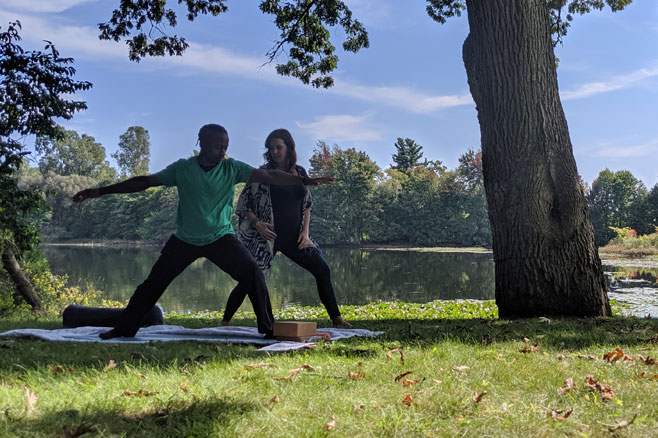Leading to the release of her new course, Practicing Resilience, Erin Reed will be guiding readers through her best advice for taking care of one’s self. As professionals shoulder the burden of their students’ or clients’ trauma, it is paramount they keep their own health in mind. Read below for Reed’s second entry in the series.
Click here for Part 1 and Part 3.
Is self-care really necessary for a trauma-informed organization?
It’s an essential aspect of being trauma-informed. We really do ask a lot of our educators and clinicians, because being trauma-informed requires us to be present all the time and very considerate of what’s happening in someone else’s world. That being said, to sustain that ability, one must be shining just as much light on what’s happening in their own world. It’s not easy, but it also doesn’t have to be complicated. I was at a school a few weeks ago where I was ready to do some coaching, but the teacher had just sat down for lunch, and she insisted that, in that moment, lunch was the only thing happening. She was quick to remind me: “Remember, self-care!” It’s just lunch, but feeling empowered to advocate for it is critical. The more professionals can advocate for their time, the easier it will become to prioritize from a building-level.
How do I know what is self-care, and what is simply being selfish/gluttonous?
We certainly need to differentiate. I love chocolate, but if I eat too much of it, it’s not going to be wholly good for me. That doesn’t mean I don’t still eat it. It’s the balance and self-control. When we look at authentic self-care we look at what’s know as eudaimonic well-being where you look for meaning across several layers of our selves. For example, you have your physical layer like your breath: what does that mean to you? When you look at your past, present, and future, where are you directing your energy and attention? As your emotions come and go, what do they mean to you?
Throughout the Practicing Resilience course, we spend a lot of time identifying which of those answers we’re rooted in, and we definitely tie it all back to the Circle of Courage.
So the answer lies in your reflection. You still eat the chocolate, but reflecting on why the chocolate is important and how it truly serves you. How do you best nurture yourself and be the loving leader that balances yourself?
Where does mindfulness fit for being trauma-informed?
Well it’s a strategy, and it’s in use with what we’ve already talked about in this article. We present and train all the time: “Here’s trauma, here is what toxic stress does to your brain and body.” Someone may have 7 ACEs or have a toxic workplace. Where do they find peace? In mindfulness, we get to acknowledge those truths and say “here is my intention and how I’m going to direct my stress.” Mindfulness is a strategy for deep empowerment where we get to choose how we react and regulate our emotions. And it doesn’t look like one thing. It looks like being present, paying attention, and not being judgmental. We have to accept what is in front of us and be empowered to decide how we react.
Are adolescents cognitively able to be as mindful as adults?
Perhaps even more so!
As adults, we have these default networks in our brains that have us constantly predicting how things should be. It makes us rigid. Kids are much more willing to explore new concepts, and approach solutions with play.
Imagine walking into a board room with a dozen adults and tell them we’re standing up to do stretches or mindfulness exercises. Guaranteed you have several who don’t participate or even object. Their rigidity doesn’t accept that type of behavior in that setting. Try the same exercises in a classroom, and they can’t wait to give it a try!
Practicing Resilience is coming soon! Until then, please enjoy these related courses:
Children of Trauma and Resilience | Trauma-Informed Resilient Schools | Healing Trauma & Restoring Resilience in Schools


